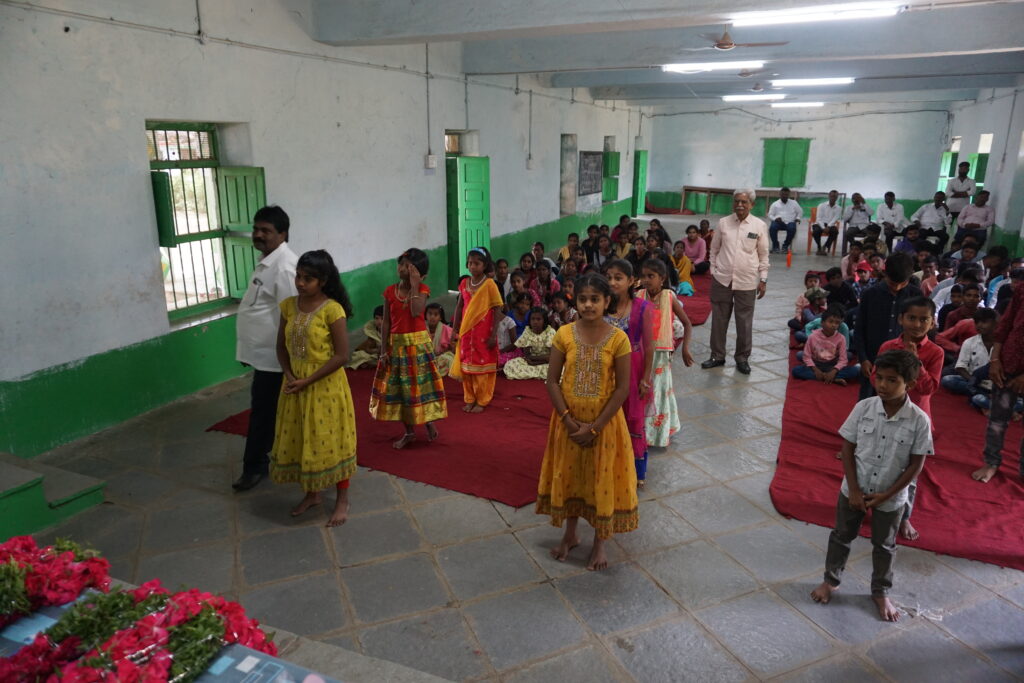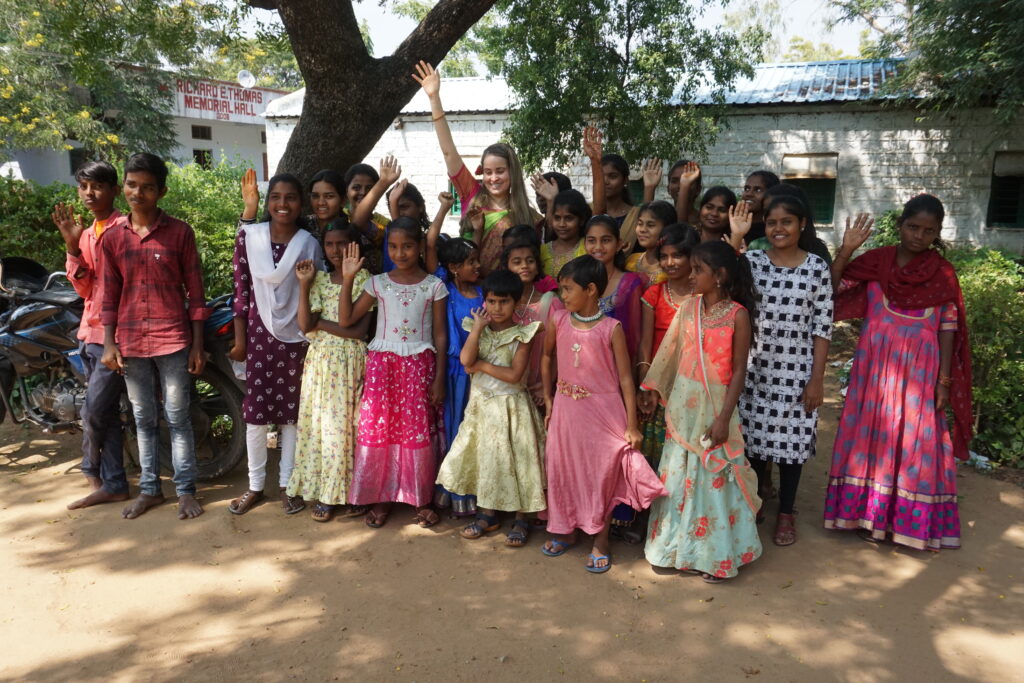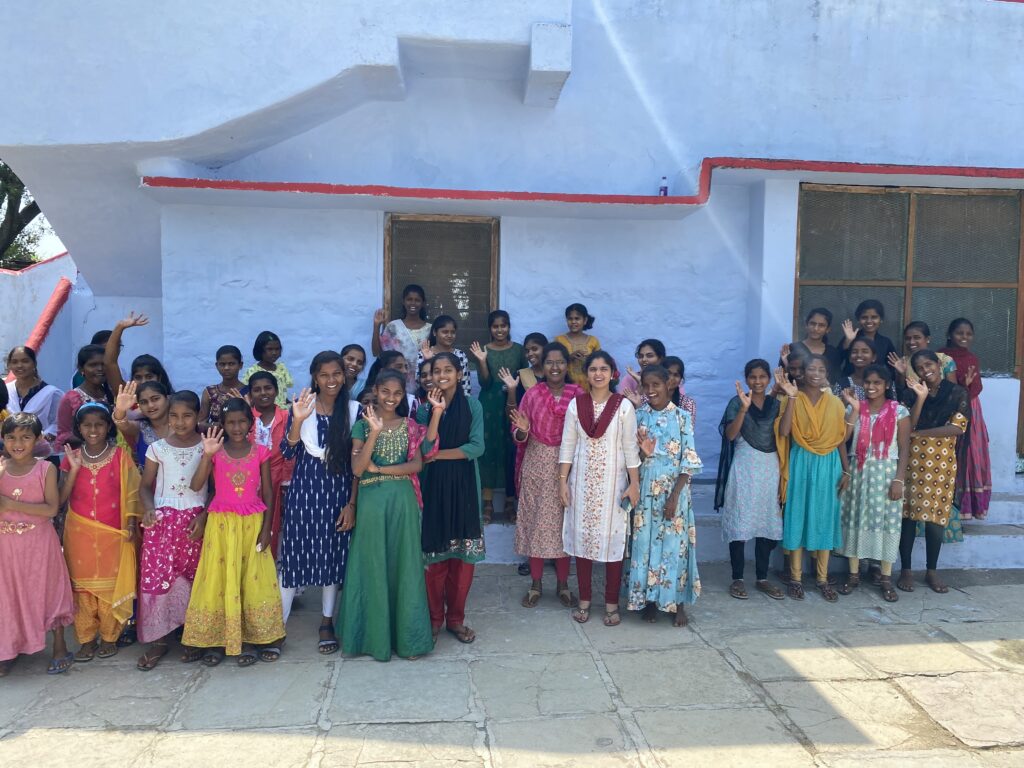facts about the Chandrakal Boarding Home:
- Grade-levels Served: Kindergarten – twelfth grade
- Facility Description: Fairly large but worn, the complex includes classrooms, study rooms, bathing facilities, a library, a small church and a large room that doubles as a dormitory and a recreation hall.
- Nutrition: Children receive three nutritious meals each day.
- Daily Schedule: Children who board here rise very early, do chores, attend morning prayers, eat breakfast and participate in classes through the afternoon.
- Extracurricular Activities: Common recreation activities here include sports such as soccer, volleyball, cricket and a popular game unique to India called kabaddi.
From the snowcapped Himalayans to tropical beaches, India is truly a nation of contrasts. It boasts a rich history spanning tens of thousands of years. In fact, the earliest known civilization in South Asia once called India’s fertile Indus Valley home. Today, with the world’s second-largest population, India includes a staggering variety of ethnicities, languages, religions and cultures.
Its wealth of natural resources and vibrant cultures, however, belie the abject poverty in which so many of India’s citizens live. The town of Chandrakal, located in the southeastern Indian state of Telangana, is no exception to these maladies. For this reason, the Chandrakal Boarding Home serves as a beacon of hope to impoverished children of this agricultural region who would not otherwise be able to attend school.
Founded in 1950 by American missionary Lillian Woodbridge, the home has provided education for thousands of impoverished children, many of whom have since made valuable contributions to their towns and villages in the fields of education, medicine and commerce. Due to the severe poverty in this area, most of the children’s parents are unable to pay tuition each month. Knowing that contributing to their child’s education gives the parents a great sense of pride, the home accepts whatever the parents can afford, and sponsorship helps to cover the rest, along with other basic needs. In this way, the children receive an education that affords them the opportunity to break the cycle of poverty and rise above the difficult circumstances from which they come.
Facts about india:
- Population: 1,351,214,714
- Languages Spoken: Hindi (41%), Bengali (8.1%), Telugu (7.2%), Marathi (7%), Tamil (5.9%)
- Unemployment Rate: 6.1%
- Poverty Rate: 28%
READ MORE STORIES FROM OUR SITES IN India:
Involving Parents in Education in India
Our Founder’s Father, Honored in India



